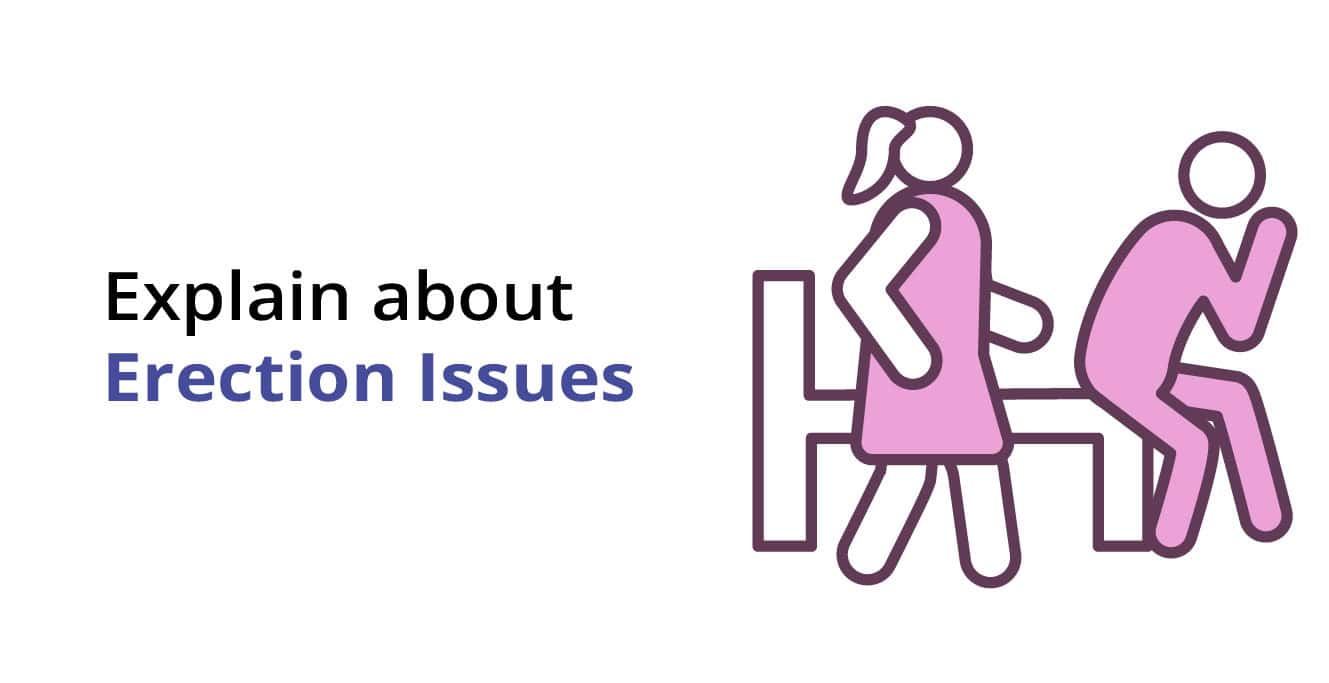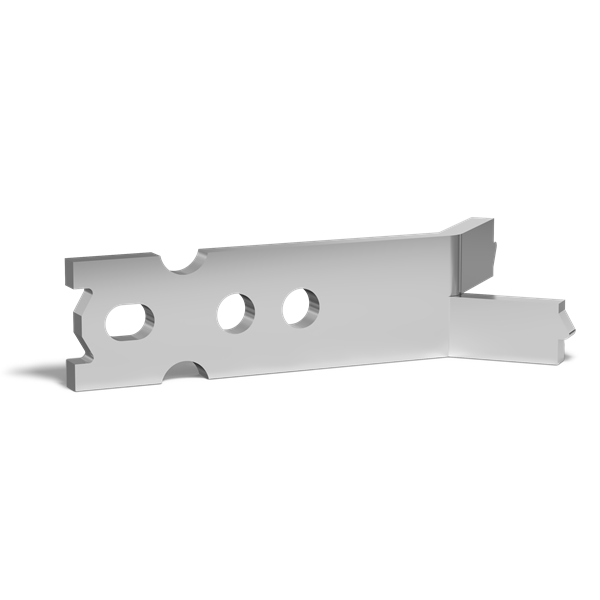When it comes to erectile health, many factors can influence performance, including diet and lifestyle choices. One topic that has gained attention in recent years is the role of salt—or sodium—in erection. While salt is an essential mineral for bodily functions, its impact on erectile health is often misunderstood. In this article, we will explore the connection between salt intake and erection, separating fact from fiction.
Understanding the role of sodium in erectile health is crucial for those seeking to optimize their well-being. Erectile dysfunction (ED) affects millions of men worldwide, and dietary choices, such as sodium consumption, may play a role in its development or prevention. By examining scientific evidence and expert opinions, we aim to provide clarity on this topic.
Whether you're curious about how salt affects blood pressure, circulation, or overall sexual health, this article will serve as a comprehensive guide. Let's dive into the details and uncover the truth about salt for erection.
Read also:Tim Robbins Wife A Comprehensive Look At His Personal Life And Relationships
Table of Contents
- Biography of the Topic
- The Role of Sodium in the Body
- The Link Between Salt and Erection
- Health Impacts of High Sodium Intake
- Benefits of a Low-Sodium Diet
- Salt Substitutes for Erectile Health
- Scientific Evidence on Salt and ED
- Lifestyle Tips for Better Erectile Health
- Frequently Asked Questions
- Conclusion and Call to Action
Biography of the Topic
Understanding the Basics of Salt
Salt, or sodium chloride, is a mineral that has been used for centuries as a seasoning and preservative. It plays a vital role in maintaining fluid balance, nerve function, and muscle contractions. However, excessive consumption of sodium can lead to health issues, including hypertension, which may indirectly affect erectile health.
The Role of Sodium in the Body
How Sodium Affects Blood Pressure
Sodium is essential for regulating blood pressure. When consumed in excess, it can cause the body to retain water, increasing blood volume and putting extra strain on the heart and blood vessels. This can lead to hypertension, a condition that is often linked to erectile dysfunction.
The Link Between Salt and Erection
Does Salt Affect Erectile Function?
While salt itself does not directly cause or prevent erections, its impact on blood pressure and circulation can influence erectile health. High sodium intake can lead to poor circulation, making it harder for blood to flow to the penis, which is necessary for achieving and maintaining an erection.
- Excessive sodium can contribute to vascular issues.
- Poor circulation is a common cause of erectile dysfunction.
- Maintaining a balanced sodium intake is key to overall health.
Health Impacts of High Sodium Intake
Long-Term Effects on Sexual Health
Chronic high sodium consumption can have detrimental effects on sexual health. It can lead to conditions such as hypertension, heart disease, and diabetes, all of which are risk factors for erectile dysfunction. According to the American Heart Association, reducing sodium intake can significantly improve cardiovascular health.
Benefits of a Low-Sodium Diet
Improving Erectile Health Through Diet
Adopting a low-sodium diet can have numerous benefits for erectile health. By reducing sodium intake, individuals can lower their blood pressure, improve circulation, and enhance overall well-being. The DASH (Dietary Approaches to Stop Hypertension) diet is often recommended for those looking to optimize their cardiovascular and sexual health.
Salt Substitutes for Erectile Health
Exploring Healthier Alternatives
For those looking to reduce their sodium intake, there are several salt substitutes available. Herbs, spices, and other natural seasonings can add flavor to meals without the negative health effects of excessive sodium. Some popular alternatives include:
Read also:Kanye Wests Grammy Wins A Comprehensive Breakdown
- Lemon juice
- Garlic powder
- Turmeric
- Black pepper
Scientific Evidence on Salt and ED
Studies and Research Findings
Several studies have explored the relationship between sodium intake and erectile dysfunction. A study published in the Journal of Sexual Medicine found that men with high sodium diets were more likely to experience ED compared to those with lower sodium intake. These findings highlight the importance of dietary choices in maintaining sexual health.
Lifestyle Tips for Better Erectile Health
Practical Advice for Men
In addition to reducing sodium intake, there are several lifestyle changes that can improve erectile health. Regular exercise, stress management, and a balanced diet are all key components of maintaining optimal sexual function. Here are some tips to consider:
- Engage in regular physical activity, such as walking or swimming.
- Limit processed foods, which are often high in sodium.
- Practice mindfulness techniques to reduce stress.
Frequently Asked Questions
Common Queries About Salt and Erection
Many people have questions about the relationship between salt and erection. Below are some of the most frequently asked questions:
- Can too much salt cause ED? While salt itself does not directly cause ED, excessive sodium intake can lead to conditions like hypertension, which is a risk factor for ED.
- How much salt is safe to consume daily? The American Heart Association recommends no more than 2,300 mg of sodium per day, with an ideal limit of no more than 1,500 mg for most adults.
- Are there any natural remedies for ED? Yes, lifestyle changes such as diet, exercise, and stress reduction can help improve erectile health.
Conclusion and Call to Action
In conclusion, understanding the role of sodium in erectile health is essential for maintaining optimal well-being. While salt is an important mineral, excessive consumption can lead to health issues that may indirectly affect erectile function. By adopting a balanced diet, reducing sodium intake, and making positive lifestyle changes, men can improve their sexual health and overall quality of life.
We encourage readers to share their thoughts and experiences in the comments section below. If you found this article helpful, please consider sharing it with others who may benefit from the information. For more insights on sexual health and wellness, explore our other articles and resources.


